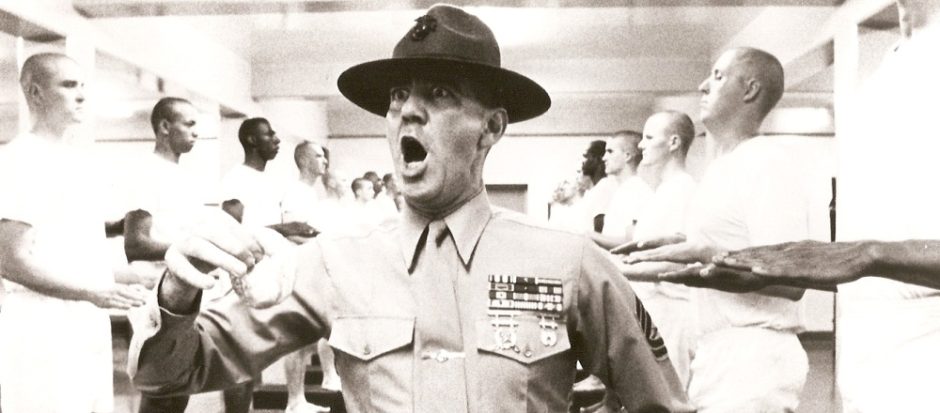
Joe has a weird, outsized reputation that contrasts with its relative obscurity – it is a film more talked about than watched. And Joe is a truly odd duck, a Cannon-produced hippie-sploitation movie that points an accusing finger at the feckless drug-addicted youth (Susan Sarandon and her friends), the detached upper crust (Dennis Patrick, as her advertising exec father) and particularly the square working class, embodied by Peter Boyle as the titular Joe.
Joe essentially blackmails Patrick’s character into being his friend and wanders through the movie in a perpetual state of angry confusion, lashing out at change, youth and minorities. He’s exactly the kind of disturbed reactionary that someone might mistake for a righteous hero, in the style of Taxi Driver. And in the wake of Joe, many did see him that way, turning Joe from a angry loser into a culture warrior for the aggrieved reactionary right.
It’s an odd fit for director John Avildsen, who would go on to find great success in sports underdog films Rocky and The Karate Kid. Avildsen shoots the film in a swirly, hazy 70s style that evokes the drug-addled confusion of a Greenwich Village moving from the summer of love to the winter of discontent.
Joe is something of an ideological mess – part character study, part message piece and part Dantean slog through an outré Greenwich Village of naked hippie chicks – though it’s also genuinely unpredictable and occasionally well-acted, especially by Boyle. While it may have been a societal flash-point on release, the film has since ossified into more of a cultural artifact than a living piece of art. Of course, the recent U.S. election suggests that Joe might not be that out-of-date after all – today, he’d probably be a regular commenter on an alt-right site or a call-in to some radio show, and feeling triumphant.
2 out of 4 stars (Average).
